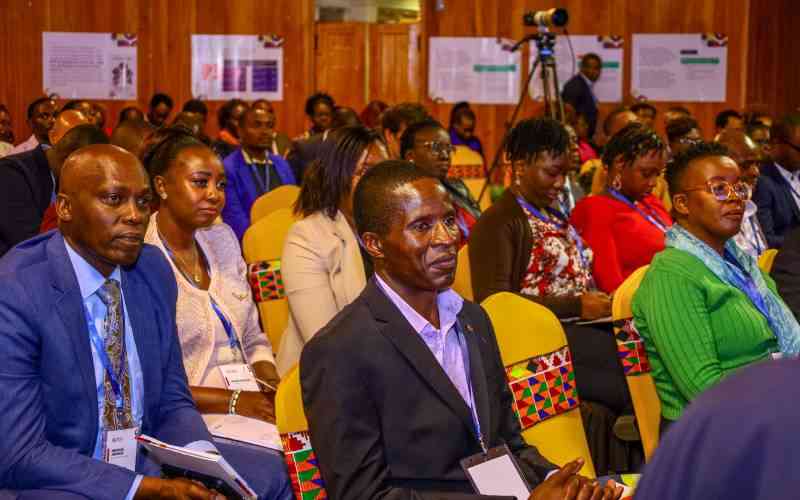×
The Standard e-Paper
Kenya’s Boldest Voice

The government will work with all stakeholders in education and technology to achieve sustainable learning as the Kenya EdTech summit kicked off in Nairobi.
Representing the Principal Secretary in the Ministry of Education, Mr Francis Karanja, the head of the national ICT Innovation and Integration Centre, said the partnership is key in advancing this agenda.